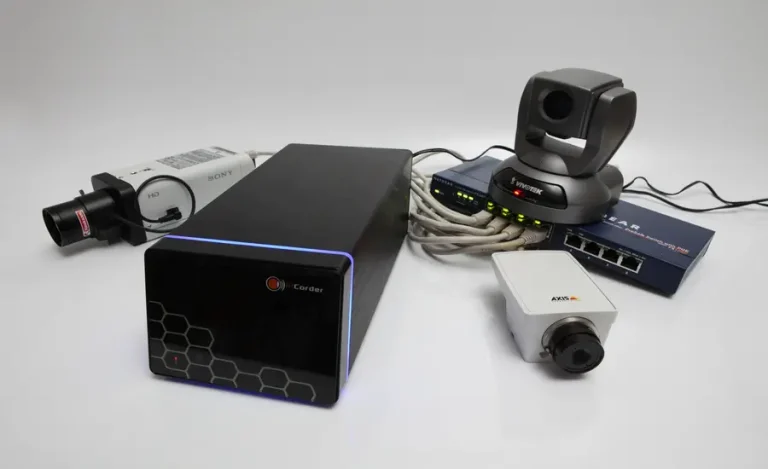Why Mobile Security Should Be on Everyone’s Radar in the Telecom World
In our always-connected, mobile-first world, we don’t often stop to think about the invisible threads that make it all work—the telecom networks that keep us chatting, scrolling, and, yes, working from our phones. But there’s a big, looming question we should all be asking: Is mobile security really up to speed with all the advancements happening in telecom?
So, What’s Mobile Security All About?
Put simply, mobile security is all the stuff that keeps our phones—and the info inside them—safe. It’s about protecting your device from hackers, scammers, malware, and everything in between. With all the personal data we store on our phones, it’s no surprise that keeping them secure is becoming a massive focus for the telecom industry.
Why Should You Care About Mobile Security?
I get it. The topic can sound a little dry. But here’s the thing: as we rely more and more on our phones for everything—from paying bills to controlling our smart homes—the stakes are higher than ever. The telecom industry knows this, which is why they’re scrambling to stay ahead of the bad guys (because, trust me, the threats are real).
Here are a few things to keep in mind:
- Your Data’s a Goldmine: Everything from your bank details to your daily habits is on your phone. That’s a treasure trove for hackers.
- Scams are Getting Smarter: Those sketchy SMS phishing scams are evolving, and telecom networks are a prime way to spread them.
- Malware is Lurking: Download the wrong app, and you might invite some unwanted guests (a.k.a. malicious software) into your phone.
- SIM Swap Attacks: Ever heard of SIM swapping? It’s when someone hijacks your phone number to break into your accounts. Scary stuff.
How Telecom is Tackling Mobile Security
Telecom companies aren’t just sitting around while these threats grow. They’re rolling out a range of new security tools to keep us safe:
- End-to-End Encryption
This is like scrambling the message so only the sender and receiver can read it. It’s especially crucial when you’re sending sensitive data, like making a mobile payment or having a private chat.
- Biometrics
We’re talking fingerprint scanners and facial recognition here. It’s a fancy way to make sure only you can unlock your phone.
- Mobile Device Management (MDM)
MDM is used by companies to keep track of the mobile devices that are accessing their networks. It’s like the IT department’s way of babysitting your phone remotely to ensure nothing sketchy happens.
- Multi-Factor Authentication (MFA)
You’ve seen this one: it’s when you need both your password and a code sent to your phone to log in. It’s an extra step, but it makes hacking a whole lot harder.
The 5G and IoT Factor
As we step into the world of 5G and connect everything under the sun to the internet (from our watches to our washing machines), mobile security becomes even more crucial. Faster networks and more connected devices mean more opportunities for bad actors to sneak in. Telecom companies are well aware of this, and they’re working on ways to secure not just your phone, but all the smart devices in your life.
Bottom Line?
Mobile security isn’t something we can afford to ignore anymore, especially as our phones take over more and more of our daily lives. The telecom industry is working hard to keep our networks and devices safe, but we’ve got to do our part too. That means staying informed, using stronger passwords, and thinking twice before clicking on a suspicious link.
In a world that’s only going to get more connected, mobile security isn’t just a buzzword—it’s something we all need to take seriously. So next time you pick up your phone, take a moment to appreciate all the tech behind the scenes working to keep you safe… and maybe enable that two-factor authentication if you haven’t yet.





